As the general manager of Sweatshop, a literacy movement based in Western Sydney devoted to empowering culturally and linguistically diverse communities through reading, writing and critical thinking, Winnie Dunn understands the power of storytelling.
The movement aims to create new and complex forms of artistic representations which counteract negative stereotypes and centre ‘own-voices’ narratives. And it’s this same objective that is at the heart of Dunn’s own debut novel which published this week.
About a mixed-race Tongan-Australian girl who comes of age on the streets of Mt Druitt in Western Sydney, Dirt Poor Islanders is about finding a way to be true to yourself and your roots without ignoring where you have come from or denying where you want to go.
We caught up with Winnie on the eve of her book’s publication to chat about her reading life.
A book you return to or have re-read.
My biological mother passed away from cancer when I was four. Fifteen years later, I discovered my birth-mother’s diary in a box of her old things. It was written in 1995, the year I was born. With wide and curly handwriting my mother spoke to me from beyond the grave. She would address me in true Western Sydney fashion as ‘Little Bib’, which was short for ‘Little Habib’. I realised that my birth-mother, Mafile’o Theresa Helen Dunn, was a writer from the hood who never got to share her story. When I’m lost or need comfort; I return to my mum’s words.
When I’m lost or need comfort; I return to my mum’s words
A book you’re looking forward to reading.
Published by Magabala Books in association with Red Room Poetry, Woven is a collection I’m truly excited about! Australian-born Māori editor and poet, Anne-Marie Te Whiu, brought together First Nations poets from around the globe in dialogue with one another. Each interview discusses methodologies of Indigenous poetic storytelling such as: “solidarity, consensus, family, land, oceans, the moon, remembering, dreaming, sharing, opening, mourning, respect, celebrating, finding, losing, healing and more healing.”
Featuring 32 artists, the interviews I’m most anticipating to read are: Ali Cobby Eckermann (Yankunytjatjara) & Joy Harjo (Muscogee [Creek] Nation); Tony Birch (Aboriginal) & Simon J. Ortiz (Native American) and Evelyn Araluen (Goorie and Koori) & Anahera Gildea (Ngāti Tukorehe). Through these intimate partnerings, Woven shines a much-needed light on First Nations creatives. What a mana talanoa — powerful dialogue!
How do you choose what to read?
If I want to laugh, I’ll head to Yagoona to hang out with a funny ethnic named Shirley Le. If I need to cry, I’ll look into Amani Haydar’s mother wound. If I’m restless, Jazz Money will teach me how to make a basket. If I seek solidarity, I’ll listen to Sara M. Saleh singing for the dead and the living. If I desire to travel, Sisonke Msimang will always take me to another country. If I must prepare for a fight, I’ll shadowbox with Tony Birch. And if I ever need to chill out, I’m always grateful for some chai time at a cinnamon gardens with my dear friend, Shankari Chandran.
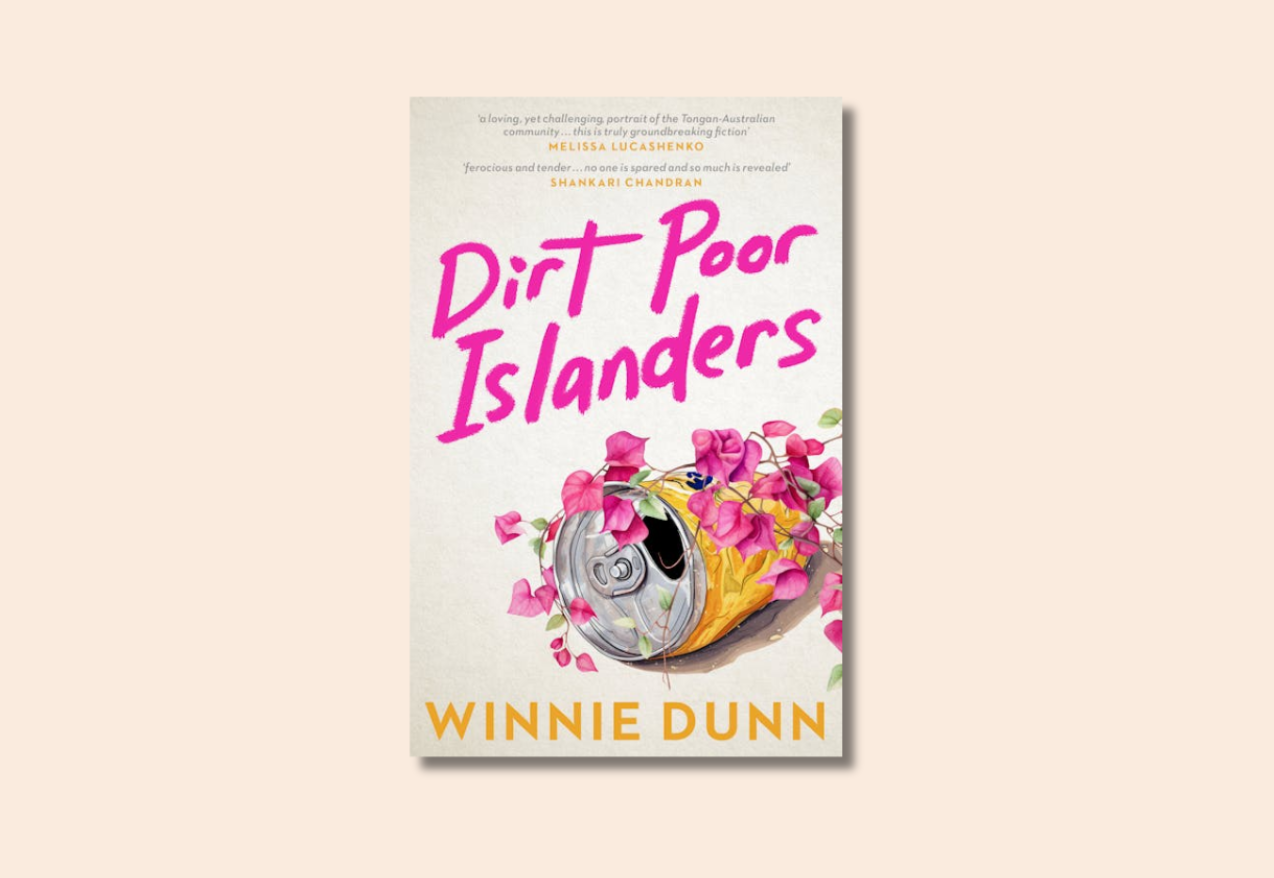

A book you think more people should read.
Award-winning author of The Lebs and The Other Half of You, Michael Mohammed Ahmad, is near and dear to me. While the aforementioned books are probably his most popular, it’s a little-known fact that the epic story of ‘Bani Adam’ actually begins with Mohammed’s debut novel, The Tribe, which was published by Giramondo in 2014.
From births to marriages to deaths, Bani Adam comes of age in The Tribe; surrounded by his grandma, parents, five siblings, dozens of uncles and aunts and hundreds of cousins. In May of this year, Giramondo is releasing a gorgeous ten-year anniversary edition of The Tribe. It’s a perfect opportunity for readers to discover this hidden gem.
A book that changed your perspective.
For hundreds of years, the Middle East (and East more broadly) was depicted by the West as ‘gullible, “devoid of energy and initiative”, much given to “fulsome flattery”, intrigue, cunning and unkindness to animals […] everything oppose the clarity, directness, and nobility of the Anglo-Saxon race.’
This argument was articulated by Palestinian and American scholar, Edward W. Said in his ground-breaking book Orientalism. Tracking the West’s dehumanising and racist depictions of the “Orient”, Said radically transformed the way we, as global citizens, were forced to see the Middle East as ‘inferior’ and something to be ‘governed’. This is a narrative that unfortunately follows us in a post 9-11 era.
Similarly, Orientalism also drew my attention to the ongoing atrocities experienced by the people of Palestine. As we currently witness the horrors unfolding in Gaza, Said’s work is more relevant and important now than ever.
When I need solace in spirituality and romance, I turn to All About Love: New Visions
You read everything this author writes. Who is it?
When I need solace in spirituality and romance, I turn to All About Love: New Visions. On the days I need to remember my commitment to writing, editing and literacy activism, I open up Teaching Critical Thinking: Practical Wisdom. If the men I care for ever fall short in their feminist journey, I revisit The Will to Change: Men, Masculinity and Love. To empower my inner-child, I look no further than Talking Back: Thinking Feminist, Thinking Black. May bell hooks rest in power.
Dirt Poor Islanders by Winnie Dunn is published by Hachette and is out now.
Want more stories like this? Sign up to PRIMER’s weekly newsletter.




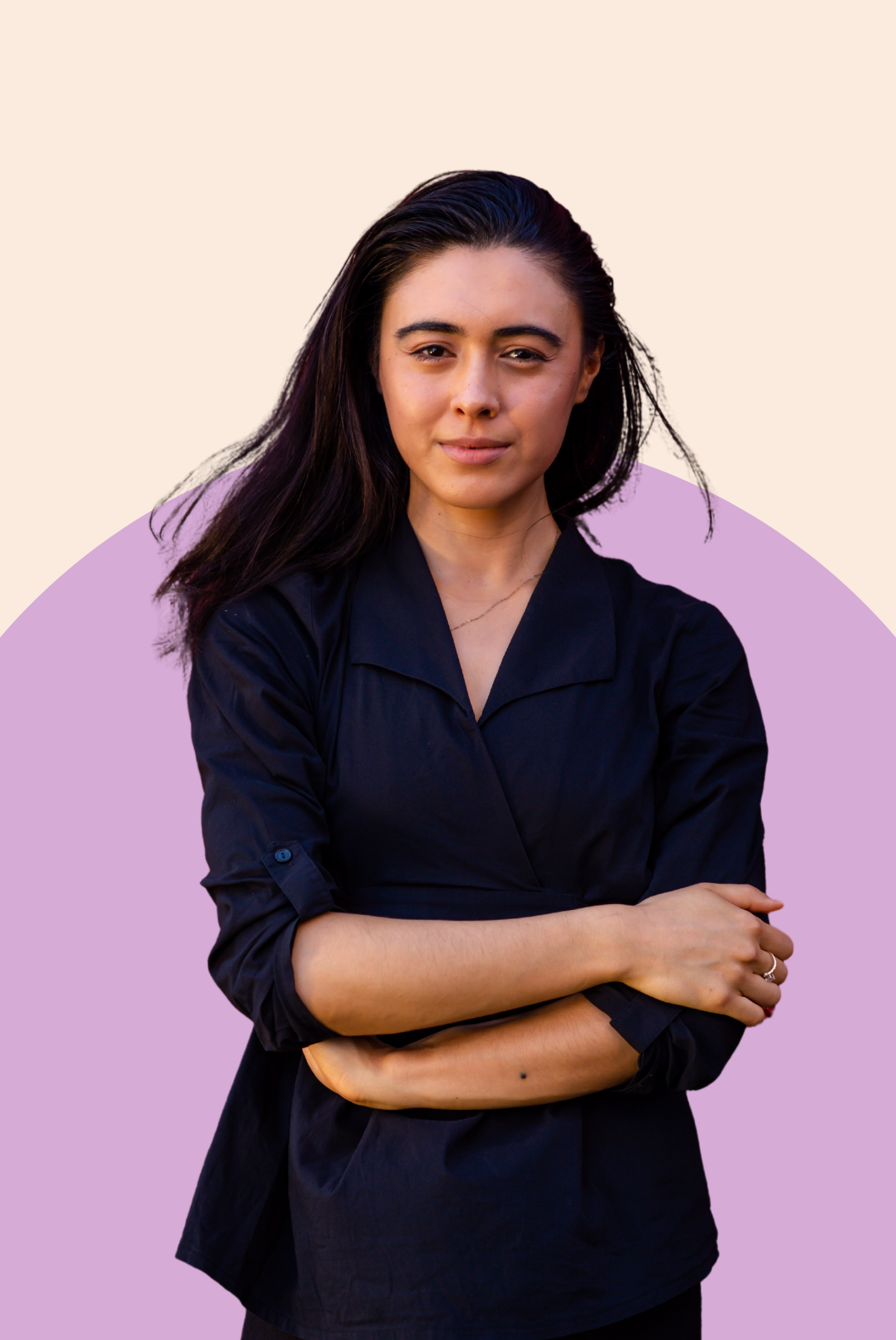
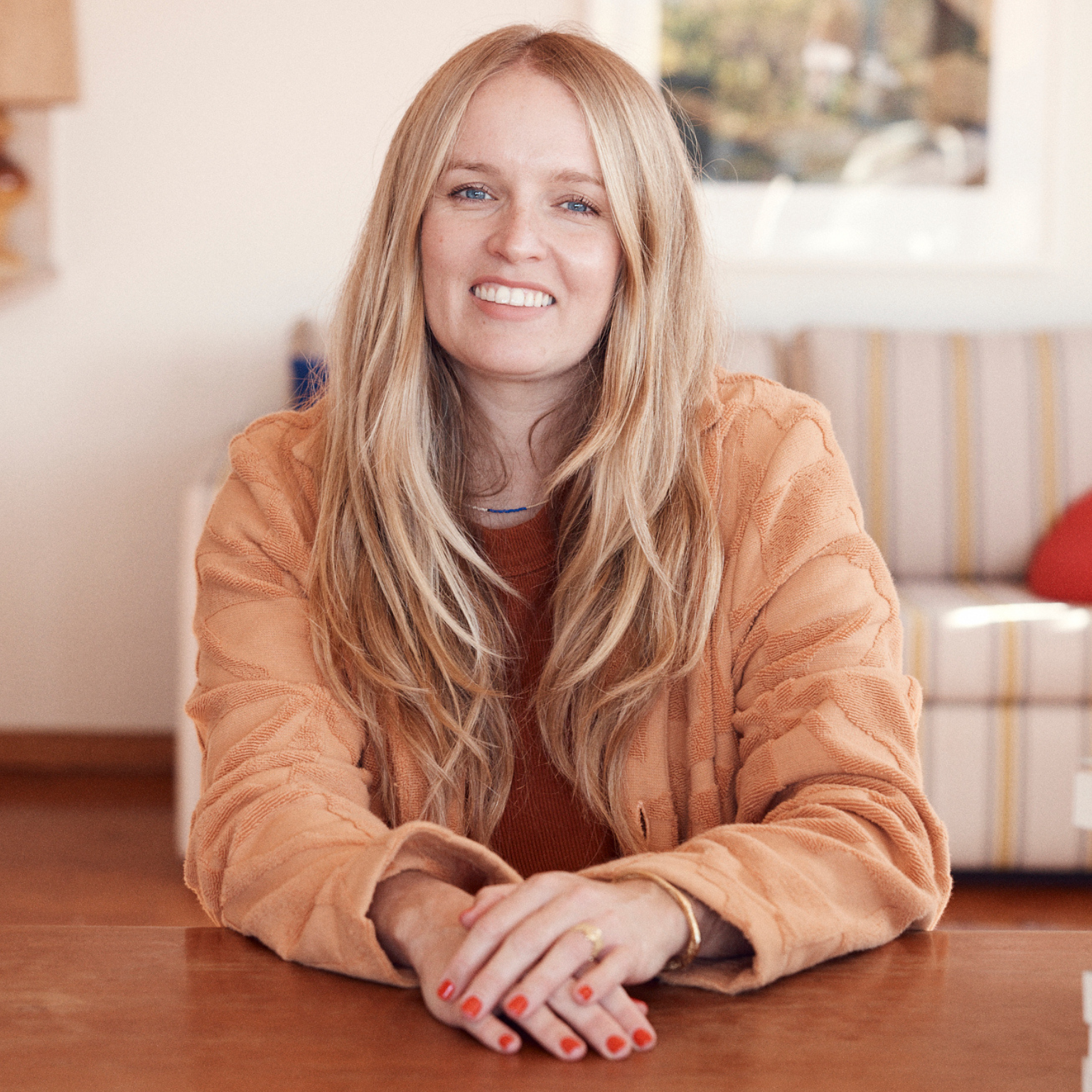

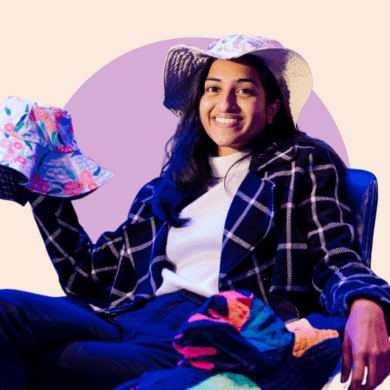

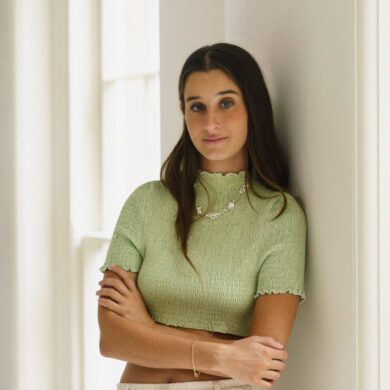

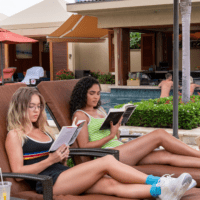
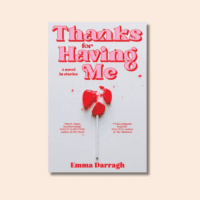
No Comments